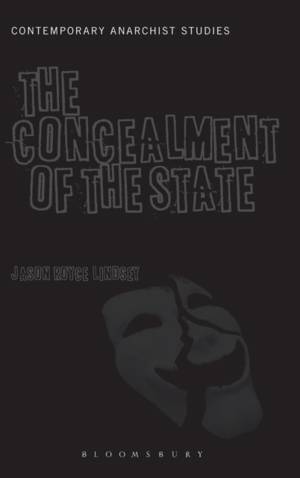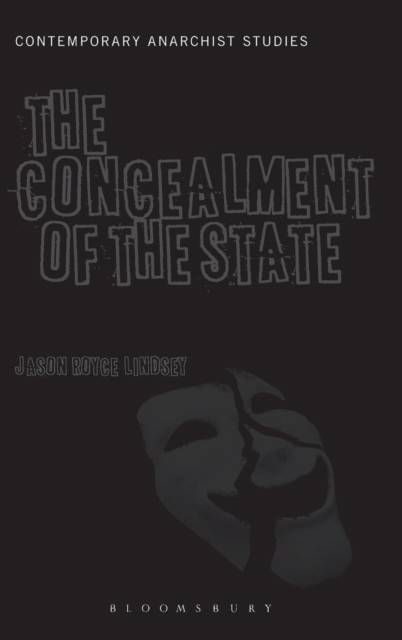
- Afhalen na 1 uur in een winkel met voorraad
- Gratis thuislevering in België vanaf € 30
- Ruim aanbod met 7 miljoen producten
- Afhalen na 1 uur in een winkel met voorraad
- Gratis thuislevering in België vanaf € 30
- Ruim aanbod met 7 miljoen producten
Zoeken
Omschrijving
Increasingly, politicians and policymakers insist that the market is an immovable force that constrains their ability to act. At the same time, states strive to retain their sovereignty while claiming to be part of a global system. This dichotomy reveals a dominant contemporary ideology: the concealment of the state.
This accessible book draws upon the anarchist criticism of the state to show the ideological and functional logic behind such concealment. It explains how states hide their ability to act by separating politics into a deep and shallow state, where political actors in the shallow state are free from policy formulation and implementation, which rests with the deep state. For example, American politicians deny global warming as the Pentagon plans to open new Arctic sea routes. Such transfer of policy to a less visible state is demonstrated through concrete international policy examples, including environmental regulations, budget recommendations, workplace safety, scientific investment, transportation planning, and education. The anarchist tradition shows how this concealment can be exposed so that popular political activity can challenge it more effectively.Specificaties
Betrokkenen
- Auteur(s):
- Uitgeverij:
Inhoud
- Aantal bladzijden:
- 192
- Taal:
- Engels
- Reeks:
Eigenschappen
- Productcode (EAN):
- 9781441172457
- Verschijningsdatum:
- 1/08/2013
- Uitvoering:
- Hardcover
- Formaat:
- Genaaid
- Afmetingen:
- 140 mm x 226 mm
- Gewicht:
- 408 g

Alleen bij Standaard Boekhandel
+ 593 punten op je klantenkaart van Standaard Boekhandel
Beoordelingen
We publiceren alleen reviews die voldoen aan de voorwaarden voor reviews. Bekijk onze voorwaarden voor reviews.







